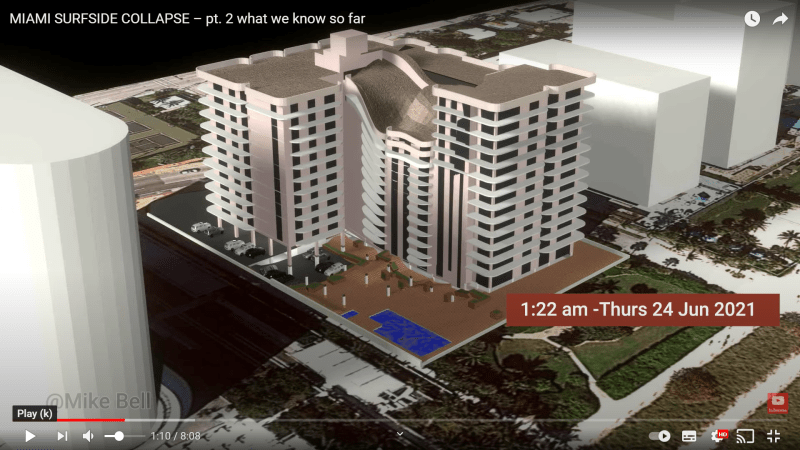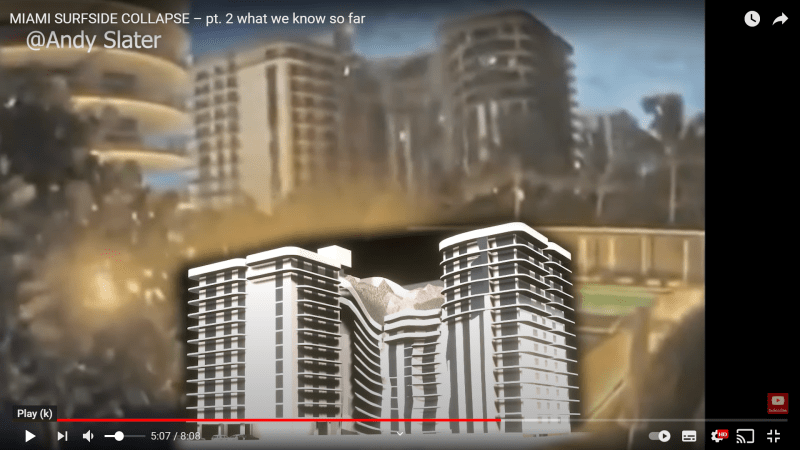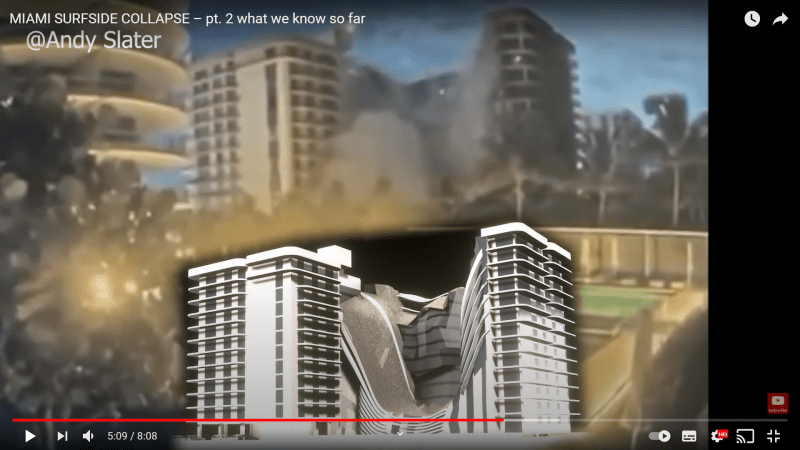@Thermopile,
Sadly no. We have an old clapped out Bridgeport lathe with no dead man's pedal and a Vectra knee mill that is essentially a fancy drill press in this shop. M-I-C, K-E-Y, M-O-U-S-E.
I've done some pretty far out there set-ups to get jobs done with a lack of tooling. The man in charge of the shop is an artist who after cutting it twice and it still being short too many times, has finally learned to cut it 5" to long and trim it to fit the .9:1 print he printed out on the big printer using the surface plate as a work bench.
I gifted my vintage Buzz Box to a new welder a few years ago. That thing got me my start on Al GTAW. Those AC only Buzz Box's still are some of the best transformer welders. After 20 years of dragging it along in moves, enough was enough.
@BadgerPE
Thank you so much.
![[2thumbsup] [2thumbsup] [2thumbsup]](/data/assets/smilies/2thumbsup.gif)
@Seppe
Pardon me if you think it's all just silly conjecture, watercooler talk, and spaghetti against the wall.
For my crazy ass speculations, as far as I am aware, I've done my very best to disprove more of my own stuff than anything else. Sure, I'd probably be more in my element if this were an exploded or crashed airframe, or a vessel that sunk, but having seen what I've seen due to craftsmanship flaws, at least in my own sense, I know it's not a waste. If anyone thinks any agency that is going to be directly involved in the investigations is NOT going to dive into the past of the building before the collapse to come up with suspect areas to check, you're simply foolish. We cannot simply go "Well, the building fell down because the design would have made it come down if the deck collapsed".
Why did the remaining structure not collapse? Better question? Well for one, I know there was an absolute ton of jack-leg work done on the ocean side of the building, but the work done along Collin's Ave is vastly different in everything from it seems quality, buiding materials, inspection, and permitting. I'm fairly certain I'm not the only one who can see how sections of the building would not resist collapse or additional stress due to failures of past contractors and poor, or no, engineering to modifications. In an ideal world, we'd hope that one column is not what it takes to bring a building down. But in a world where one column may just be able to bring an entire building down, there is only harm in refusing to look at other contributing factors. I still do not understand how people can model a building off of what we know is, as per a lot of the as built we see, off of simple speculation that nothing out of the ordinary is going on. We know 100% this is no ordinary situation. It's like a rocket surgeon insisting that the Challenger disaster only happened because of a lack of an escape system. Bad analogy, but I know some will understand.
This building wasn't OEM.
I may be insane, but at least I'm not the one insane enough to scribble on a contract/permit for the pool deck to use smooth 305 stainless rods in place of rebar. So you want to talk about the decking that collapsed? I'll gladly jump back to hundreds of tons of added water on the pool with clogged drains and faulty construction. I'll even dig back in for the photos of and emails of complaints of sand and styrofoam clogging drains in the garages and pool decking thanks to changes in Surfside's beach access policies and even issues of dump trucks of sand using portions of the underground ramp to turn around during an ACoE project. I don't have any form of maths on the vehicle weight, but I'm pretty dang sure that's a little overloaded. Anyone ever put any thought into why we see so much upper spalling?
This sort of deviation from standards and plans should not be brushed off as nothing.
There is no doubt in my mind that if people's models were modified to include the known as built vs the as design, that pool deck collapse would be far far easier to happen than any of us all can even grasp.




![[2thumbsup] [2thumbsup] [2thumbsup]](/data/assets/smilies/2thumbsup.gif)
![[bow] [bow] [bow]](/data/assets/smilies/bow.gif)